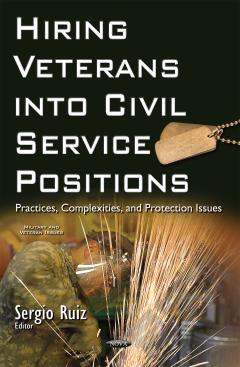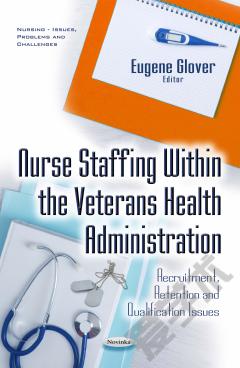Hiring Veterans into Civil Service Positions: Practices, Complexities, and Protection Issues
The laws and regulations regarding the preferences in hiring that can or must be given to veterans and certain family members are extremely complex. The preferences vary by the specific circumstances of the veterans and the hiring authorities being used. Some veterans can be non-competitively appointed, while other veterans may not be eligible for that same hiring authority, and the availability of an authority may depend on the grade of the position being filled. The right of a veteran to have his or her application considered for a position may depend on whether an agency is considering applicants who are internal to Government but outside the agency’s own workforce. The degree of preference owed can vary by agency or position being filled. Under certain circumstances, the mother of a veteran may be eligible for preference, whereas the father would not be eligible. There are many other examples of how veterans may be treated differently under the law, but to put the message more simply: the laws relating to veterans’ preference invite misunderstandings, confusion, perceptions of wrongdoing, and possibly actual wrongdoing—whether intentional or inadvertent. This book discusses hiring authorities pertaining to veterans, the hiring of veterans under those authorities, and employee perceptions about veteran hiring. It also describes the statutes and pertinent case decisions for two laws designed to protect the employment rights of veterans in the civil service.
{{comment.content}}








 京公网安备 11010802027623号
京公网安备 11010802027623号